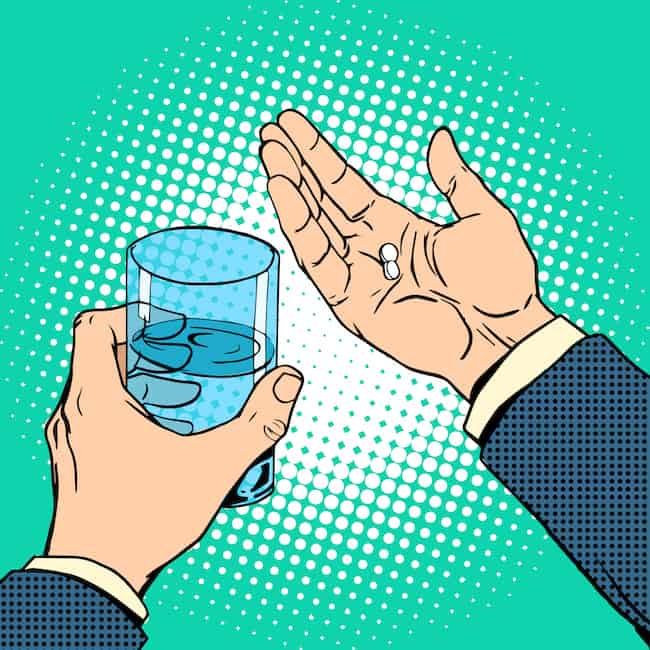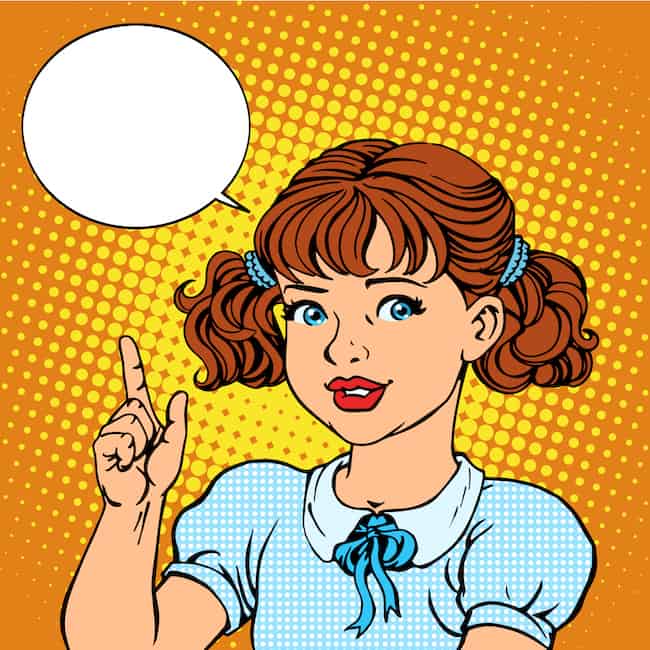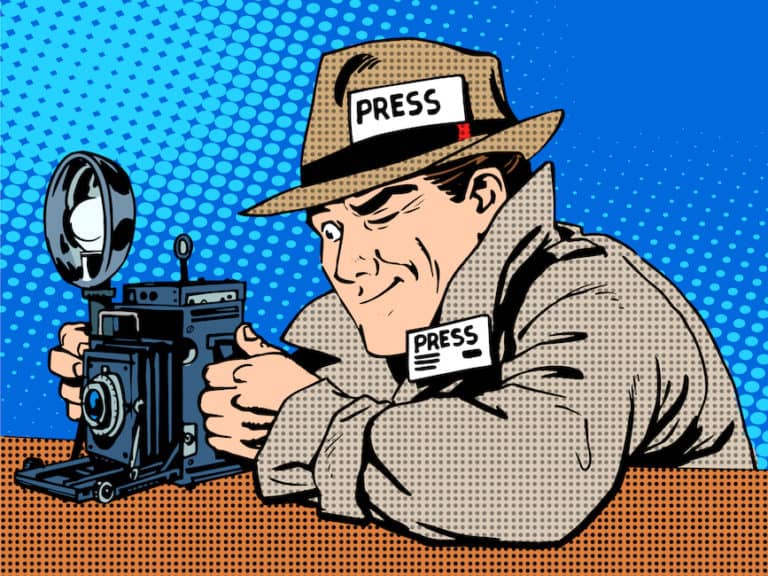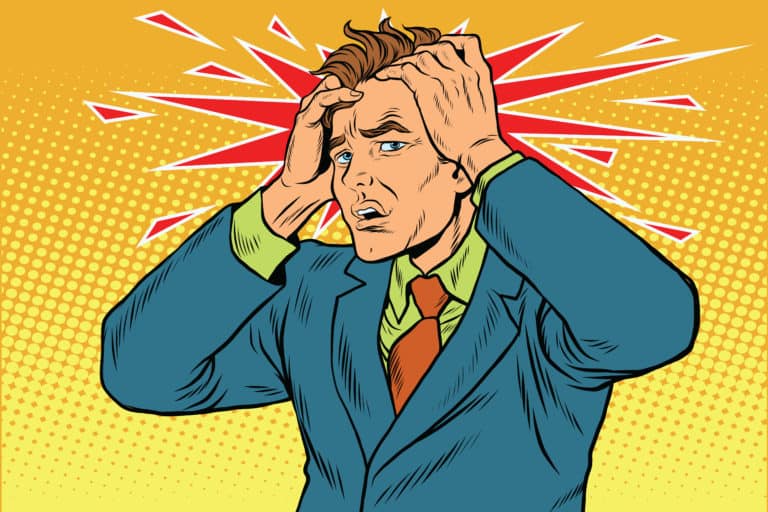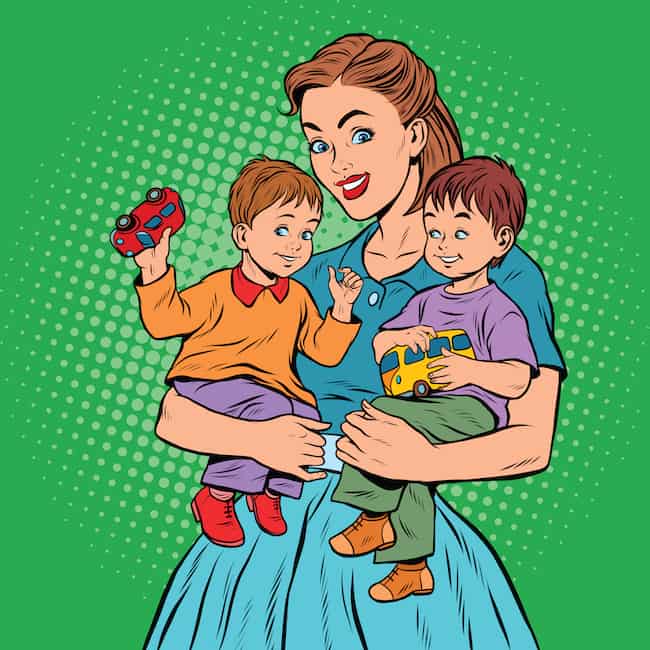Attention deficit hyperactivity disorder (ADHD) is a condition that affects millions of people in the United States and across the globe. While there are many conventional treatments for ADHD, such as medication and behavioural therapy, several alternative treatments can effectively manage this condition’s symptoms.
ADHD is an inherited condition. ADHD may have a big influence on daily functioning. It’s difficult to do simple tasks when you have ADHD.
Children and teens with ADHD:
- have trouble paying attention
- have trouble finishing their work
- are impulsive and may act without thinking
- have trouble following directions
- have trouble managing their emotions
- struggle with transitions or changes
- are easily distracted
Individual symptoms, while varying from child to child, may lead to difficulties in school, relationships (friends and relatives), and self-esteem.
How can ADHD be treated?
Children with ADHD can live with and manage their symptoms better with treatment. Treating ADHD can include:
- Education and skills training for parents
- Strategies for understanding and building your child’s social skills
- Support to manage your child’s symptoms in the classroom and at home
- Changes to your parenting style
- Parent-child relationship therapy
- Behavioural therapy for children
- Special support or intervention at school
- Medication
- Coaching
There are several other ADHD treatment options to investigate. Stimulant medications are the most frequently used treatment for ADHD.
These medicines can be beneficial in treating the symptoms of ADHD, but they also have several potential negative side effects, such as sleeplessness, loss of appetite, agitation, and weight loss. For many individuals, these adverse effects are not worth the treatment’s benefit.
How will my doctor decide how to treat my child’s ADHD?
In the UK, doctors follow NICE guidelines when treating ADHD. NICE stands for National Institute for Health and Care Excellence.
The NICE guidelines recommend that children with ADHD should be treated with:
- Stimulant medications, such as methylphenidate or dexamfetamine, if they’re over the age of five years old
- Behavioural therapy, such as cognitive behavioural therapy (CBT)
- A combination of stimulant medication and behavioural therapy for children over the age of five years old who haven’t responded well to either treatment alone
If your child is younger than five years old, NICE recommends that you should be offered:
- Parent training and support
- Behavioural therapy
- A combination of parent training and support and behavioural therapy
Other things your doctor will consider while deciding how to treat your child’s ADHD include their age, the severity of their symptoms, any other medical issues they might have, and whether they’ve previously been treated for ADHD.
Specialist doctors read and evaluate academic papers and participate in professional training programs to stay informed on the newest ADHD treatments.
Can alternative therapies help people with ADHD?
There is no one-size-fits-all answer to this question, as different alternative therapies work for different people. Many individuals with ADHD have found that certain alternative treatments can effectively manage their symptoms.
Alternative treatments that claim to cure ADHD may have caught your attention. Alternative treatments for ADHD have been promoted on the internet. Some claims go so far as to state that the goods or treatment sold is safer or more efficient than those provided by doctors.
The difficulty is that, in most situations, alternative treatments have not been subjected to the same scientific study or testing level as traditional ADHD medication.
Alternative therapies do not undergo the same levels of scrutiny as medications. Therefore there is no assurance that they are any more effective.
The Medicines and Healthcare products Regulatory Agency (MHRA) is a government agency regulating medicines in the United Kingdom. To market a treatment for ADHD, it must go through clinical testing and be authorized by the MHRA. There are numerous regulations and procedures in place for medicine across the world. Alternative treatments do not fall under this framework.
This doesn’t mean that all alternative treatments are ineffective. Some people with ADHD have found relief from their symptoms through lifestyle changes, such as following a special diet or taking supplements.
According to scientific evidence, parents should approach alternative therapies with caution and thorough knowledge. Many can cause negative effects, and some may be harmful. Before using any alternative therapy for your child’s ADHD, talk to your doctor.
What do we know about alternative treatments for ADHD?
Here’s what we know about the therapies that have been promoted as medication alternatives.
Essential fatty acids:
Children with ADHD may benefit from essential fatty acids, such as fish oil or primrose oil. However, there is still a lot of research to be done.
Biofeedback therapy:
Biofeedback claims to help people with ADHD by teaching them to control their body’s response to stress. Patients learn to control bodily functions that are typically involuntary, such as muscular tension, blood pressure, or heart rate.
A study published in the British Medical Journal (BMJ) on biofeedback treatment for ADHD revealed evidence that biofeedback can aid with ADHD therapy. Still, several design flaws make it difficult to draw firm conclusions, and more research is needed.
ADHD therapies with no evidence to show they help:
Dietary Changes
A restricted diet, including a lower-carbohydrate diet, has been shown to help a select group of youngsters with allergies, food sensitivities, or migraines. Although there is some evidence that a diet devoid of sugar and additives improves ADHD symptoms, the improvement is modest.
Children require a balanced diet that includes foods from all four food groups: vegetables and fruit, grain products, milk and alternatives, and meat and alternatives. If you want to try changing your child’s diet, talk with your doctor about it first. Your doctor will also monitor the new regimen to determine if it works.
Vitamin supplements
Research shows that people with ADHD often have lower levels of certain vitamins and minerals. Despite this, there is no conclusive evidence that mineral deficiencies cause ADHD.
In some cases, vitamin and mineral deficiencies result from ADHD medication. For example, stimulant medications can suppress appetite, decreasing a person’s nutrient intake. Certain nutrient deficiencies may also worsen ADHD or cause symptoms that mimic the condition.
In a Medical News Today article, the effect of hormone, food, and herbal treatments for ADHD was evaluated and concluded that some of these treatments might help with ADHD symptoms. Still, more research needs to be done to confirm their efficacy.
If you’re interested in trying a vitamin or mineral supplement, speak with your doctor first. Taking too much of certain nutrients can be dangerous. For example, too much iron can result in organ damage.
Herbal remedies
Herbs can be relaxing, and some studies suggest that they may aid memory and thinking, but none have been proven to help with the core symptoms of ADHD. Because herbal treatments are not regulated, manufacturers are not required to follow specific safety standards.
Ask your pharmacist about the purity (how strong it is), safety, and toxicity (whether it can cause harm).
In the UK, herbal medicines are medicinal products. Unless they meet a few criteria, non-prescription herbal medicines must have a marketing authorisation (or a product license) unless they fit within the definition of unlicensed herbal medications. Even if a product is exempt from being licensed under the Medicines Act 1968, it must still be safe and properly labelled.
Some herbal remedies sold online do not meet these requirements, and some have been found to contain harmful substances. If you’re considering trying a herbal remedy for ADHD, speak with your doctor first and only buy from a reputable source.
- Valerian is sometimes used to help with sleep problems and anxiety, which can cause headaches.
- Blue-green algae can cause stomach upset, weakness, numbness and tingling.
- Ginkgo biloba is supposed to help with brain function but can also cause headaches, dizziness, palpitations, stomach upset, and skin rashes. Gingko biloba should be avoided in children with a blood clotting disorder.
Antioxidants, also known as anti-ageing remedies, help protect nerve cells. But they have no proven direct effect on ADHD symptoms.
Melatonin may help with sleep problems but can also cause headaches, fatigue, irritability and sleepiness. Melatonin has been linked to an increased risk of seizures.
St. John’s Wort is sometimes used to treat anxiety and depression. Still, it can also interact with other medications and cause side effects such as headaches, dizziness, dry mouth and constipation.
Hypnotherapy might help with some common ADHD symptoms.
Homoeopathy treats ADHD using combinations of plant, animal, or mineral extracts. Homoeopathy has not been proved to be effective in the treatment of ADHD.
Some people with ADHD may benefit from omega-three fatty acids, but they can also cause gastrointestinal issues such as constipation and diarrhoea.
As you can see, herbal remedies have many possible side effects. Before trying these treatments, speak with your doctor first to weigh the risks and benefits. ADHD is a complex condition, and there is no one-size-fits-all solution.
The best approach is to work with your doctor to find the best treatment for you or your child.
Have you tried any alternative treatments for ADHD? Share your experience in the comments below.
This article is for informational purposes and should not be taken as medical advice. Please speak with a qualified healthcare professional to discuss whether these treatments are right for you.


